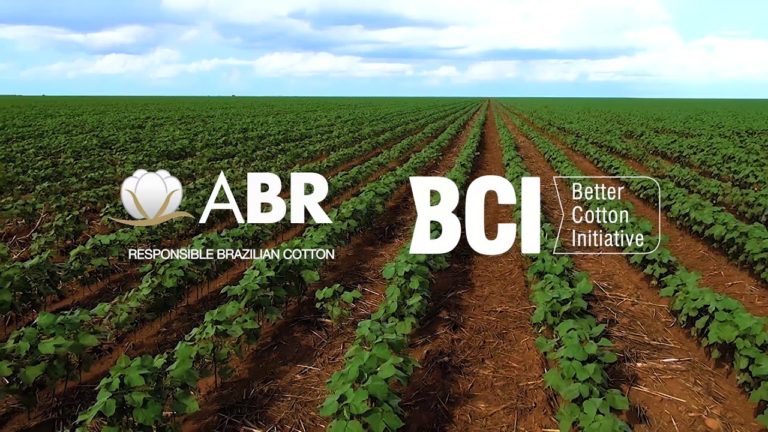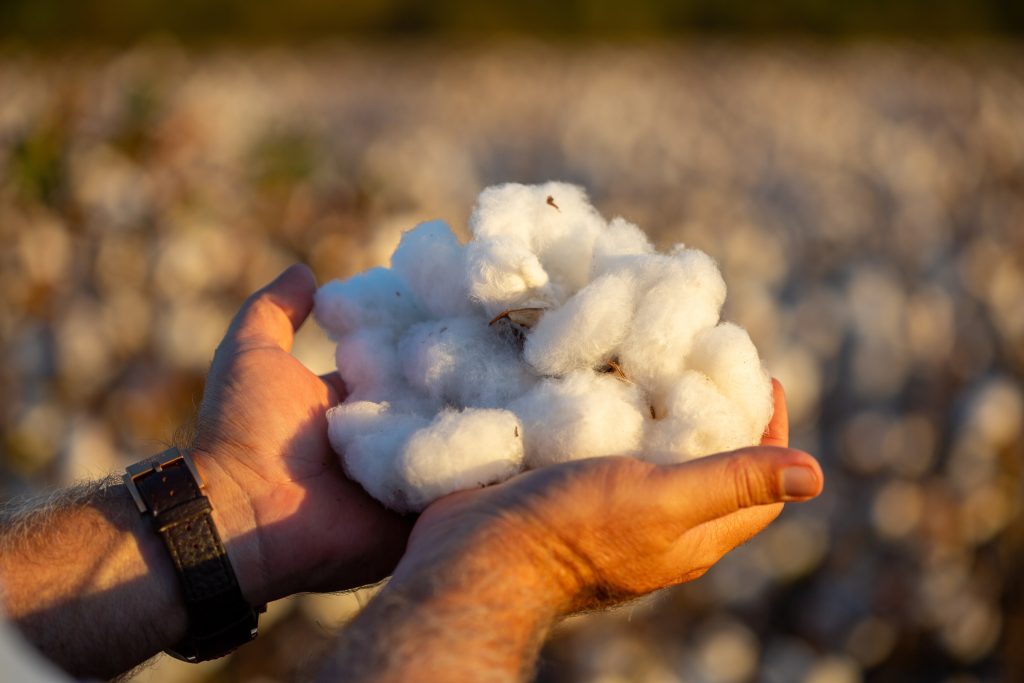Fashion is cyclical. We’ve heard this time and time again. And whether you participate in the latest trend via fast fashion or the resale market, one thing is clear: the lack of clarity as to what the product has gone through to get to you!
Historically, the supply chain is complex, and providing transparency has been a challenge for the industry at large. While fashion trends may ebb and flow, one constant is the escalating impact of consumption on our planet.
The Earth doesn’t have the luxury of cyclical change; the temperature is rising, and so are the consequences of unchecked industry practices. So, in an effort to plateau this trend, fashion accountability is critical. In order to garner accountability, we need to emphasize the importance of certifications and traceability.
why transparency and certifications are critical
“Consumer trust in the fashion industry depends on accurate transparency and sustainability claims. Certifications are critical tools that help uphold ethical practices and ensure accountability throughout the apparel supply chain.” (World Fashion Exchange)
Certifications throughout the supply chain tell the customer they can trust the product they’re purchasing. Certifications establish rigorous standards that require brands to meet environmental, social, and ethical benchmarks, ensuring sustainable practices across the supply chain. When clothing is marked with a recognizable certification like Better Cotton BCI, for example, the perceived (and real) value and quality of the garment are impacted and increased.
By providing consumers with insight into the conditions and practices behind the making of their clothes, transparency helps avoid misleading claims and builds a genuine connection between the brand and its customers. “Transparency provides a window into the places, conditions, and practices in which our clothes are being made,” which is vital for both consumer trust and long-term sustainability (Fashion for Good).

transparency’s role in sustainability
Despite the increasing demand for transparency, many brands still fall short in disclosing who supplies their raw materials. According to Fashion Revolution’s Transparency Index, only 19% of brands were able to provide information on traceability in 2021—up from just 8% in 2017. This indicates a clear need for the industry to commit to greater openness.
Traceability is something we are very familiar with here at Cotton Brazil. Our innovative technology and QR codes on each bale of cotton provide ease of traceability and trust for the consumer. As climate legislation and regulations continue to increase globally, traceability is imperative.
“Legislators increasingly view traceability, even in these complex supply chains, as feasible. And they are ramping up the pressure on companies to demonstrate supply chain visibility.” (World Economic Forum)
traceability in legislation: the digital product passport
As part of the European Green Deal, legislators are implementing a Digital Product Passport (DPP) requirement across a multitude of products, including apparel (as soon as 2025, extending to 2030).
“Digital Product Passports will become a game-changer in the fashion industry by enabling complete traceability and offering consumers transparency on every step of a product’s journey.” (Forbes)
The Digital Product Passport is an innovative tool that integrates technology with transparency, providing consumers with a digital record of a product’s entire journey—from material sourcing to manufacturing and even disposal. This allows for greater accountability and supports sustainable choices at every step.
“What about the raw materials spun into that fabric—where are they grown, and by whom? Every cotton boll picked, every chemical poured, every blob of metal melted down and turned into a fastening involves human hands and planetary costs.” (Good On You)
In an article by Rudholm Group, they note that “consumers increasingly demand transparency and accountability from the brands they support. Digital Product Passports allow customers to access detailed information about the origin, materials, and environmental impact of garments. By openly sharing the story behind each product—from where it was made to how it can be responsibly disposed of—brands can build stronger, more loyal relationships with their customers.”

traceability accounts for increased product value and market differentiation
“To capture customers’ share of wallet, brands will need to prove their value.” (Business of Fashion)
As consumer expectations shift, traceability is becoming a key differentiator in the marketplace. According to The State of Fashion report by McKinsey and BoF, customers are increasingly prioritizing brands that can demonstrate tangible value—whether through sustainable practices, transparency, or ethical sourcing.
In a research paper for the Italian University of Padova, the authors also note that “traceability systems represent long-term strategic investment to create consumer confidence, strengthen the company image, and gain a competitive advantage in the market.” This means that not only does traceability boost climate accountability, but it also helps to create differentiation in an oftentimes oversaturated market.
transparency for a better future
“Traceability is the foundation for driving more impact and livelihood improvements up value chains to their source. No commodity sector or industry should neglect that opportunity.” World Economic Forum
Certifications and traceability are no longer optional for fashion brands; they are essential for achieving true sustainability. These tools not only foster consumer trust and increase product value but also drive brands to adopt more ethical practices. As legislation around traceability continues to evolve, the fashion industry must stay proactive to be competitive. An article by World Economic Forum notes that “full traceability can only be delivered with the active collaboration of players across today’s complex supply chains.” Brands that embrace these practices will lead the way in creating a more sustainable and transparent future for fashion.
sources
https://www.fashionforgood.com/our_news/what-is-transparency/
https://goodonyou.eco/fashion-traceability/
https://www.research.unipd.it/bitstream/11577/3261164/4/978-3-319-65151-4_8.pdf

